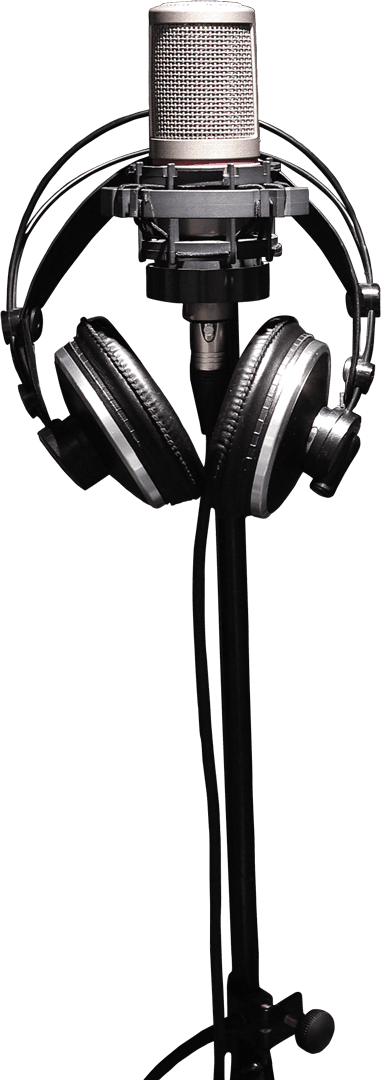Hire voice actors with an Eastern European accent
Hiring voice actors with Eastern European accents brings a layer of authenticity to characters from these regions, enhancing the audience’s immersive experiences. These accents are rich with history and culture, adding depth to the narratives while also offering diverse vocal textures that can intrigue and captivate audiences. This authenticity makes a difference in storytelling, whether it’s for a video game, movie, or digital ads. It also demonstrates inclusivity and respect for the portrayed culture, fostering positive reception among Eastern European audiences and beyond.
Discover more voice actors with an Eastern European accent
Why clients use Voice123

Duolingo relies on Voice123 for high-quality voice talent in a variety of languages. The ease of creating projects, reviewing auditions, and the ability to directly communicate with talent are among the many reasons why Voice123 is so helpful to us.
Lorena Kanzki
Duolingo

The customer service was excellent, personalized, and very responsive. Being remote didn’t make a difference, and the project didn’t skip a beat. I would definitely recommend Voice123’s Managed Services! It’s an industry-standard service.
Darragh Worland
The News Literacy Project

Voice123’s Booking system has been a big help to find and book voice over talent. The process is simple and we can secure national talent. Voice 123 has been a great benefit for our company.
Terry Packer
Detroit Sound and Video
What does an Eastern European accent sound like?
It has a unique, melodious rhythm and distinctive pronunciation patterns that feature hard consonants and particular vowel sounds. This accent adds rich, textural quality to dialogue. It also varies across Eastern Europe, from the soft, lilting tones of the Hungarian accent to the sharp, staccato rhythm of the Russian accent, each bringing its own unique flavor to an audiovisual project. The specific features of these accents add depth to a character’s voice, making it more memorable and authentic. These accents are quite diverse, so carefully consider the region represented to ensure authenticity.
Popular Eastern European accent voice actors
These are Nikolaj Coster-Waldau, Mads Mikkelsen, Milena Markovna (Mila Kunis), Nina Dobrev, and Stellan Skarsgård. Nikolaj Coster-Waldau played Jaime Lannister in Game of Thrones. He’s a Danish actor who effortlessly switches between his native Danish accent and other believable tones. Mads Mikkelsen plays Dr. Lector in the Hannibal series. He showcases his Eastern European accent, adding depth to the character’s complex personality. Milena Markovna (Mila Kunis) is an Eastern European actress with an incredible vocal talent that adds depth to every role. Nina Dobrev stars in The Vampire Diaries, using her accent to add a distinctive touch to her characters. Stellan Skarsgård is the Swedish actor who starred in Tarzan and Godzilla vs. Kong. His accent enhances his performances with genuine talent.
